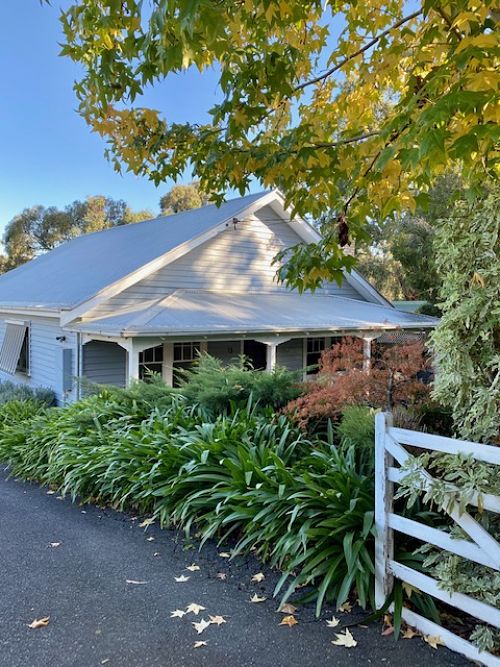There is something unique and characterful about old properties. New builds offer practicality and the opportunity to move straight in, but if you prefer traditional homes, you’re a creative type, and you don’t mind getting your hands dirty, a fixer-upper could be the ideal option for you. Taking on an extensive remodelling or renovation job can be a daunting proposition, but it could also provide you with the chance to create your dream home. If you like the idea of polishing a rough diamond, here are some essential considerations to bear in mind on your property search.
Image credit: https://pixabay.com/photos/floor-plan-blueprint-house-home-1474454/
Budgeting
When you buy a house that is brand new or a property that has already been restored, it’s very easy to budget. You pay a fee for your new home and add legal charges, property fees and moving expenses to give you a total cost for your relocation. With a fixer-upper, it’s often a lot more difficult to set a budget for the project, as you’ll need to factor in the purchase price, the cost of labour, materials, equipment hire, new furniture and all the fixtures, fittings and finishing touches needed to complete the job. When you buy a home that needs TLC, the price is usually considerably lower than it would be if the house was in pristine condition, and this frees up funds for construction and redecoration work. When you’re budgeting, make sure you include every aspect of the project, and always round up, rather than down. Remember to add VAT to ensure your calculations are accurate.
Major jobs
In some cases, people buy old properties, and all that is needed to turn them into stunning new homes is an injection of creativity and interior design expertise. Cosmetic makeovers are much less complex than projects that require structural work. When you’re looking around properties, think about how much work you want to take on and keep your eyes peeled for signs of extensive wear or damage, which could be costly to rectify. Structural surveys are essential, and it’s worth investing in a comprehensive survey if you plan to buy a home that needs intensive work. If the property is damp, the roof is in a state of disrepair, there is evidence of walls leaning, or the foundations are weak, get some quotes and make sure you know how much it will cost to bring the property up to scratch. You’ll need to search for experts that specialise in services like underpinning, roofing, damp treatment and structural engineering. If you are buying a fixer-upper, it’s crucial to ensure that you spend money that will be recouped when you sell the property. You don’t want to spend thousands of dollars doing up a house to make a loss.
Time frame
For some buyers, time is of the essence, and they want or need to move into a new home as quickly as possible. If you need to move fast, taking on a fixer-upper may not be the ideal solution for you. It takes time to overhaul and remodel houses, and some renovations can take years. The time frame will depend heavily on the nature of work that is required. Cosmetic makeovers can be completed quickly, but if you’re securing the foundations, doing work to the roof, removing walls and adding extensions and you’ve already sold your home, you’ll need to figure out where you’re going to live while the work is completed.
Picture from https://www.pexels.com/photo/architecture-bungalow-country-countryside-463996/
Do you dream of putting your own stamp on a beautiful, old home? If so, have you thought about taking on a fixer-upper? You may not be able to move in immediately, and there may be highs and lows during the renovation phase, but you could save money, add value and create the home of your dreams.





































Leave A Comment